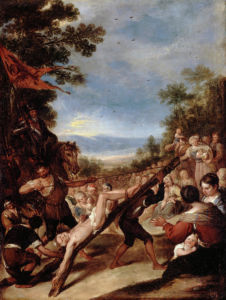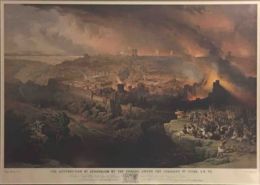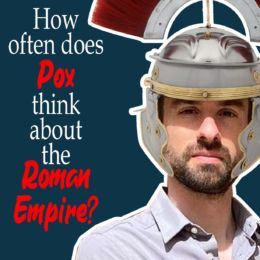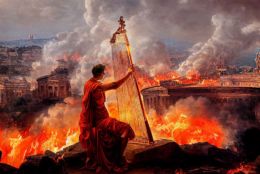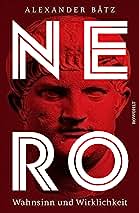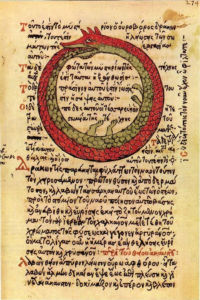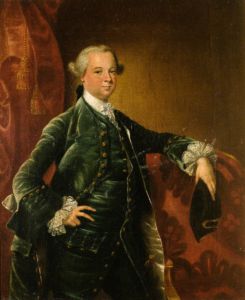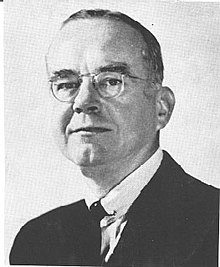Part 3 of 3 (Part 1 here, Part 2 here)
Chapter Nine, “Europe and the Indo-Europeans,” addresses another required subject: the origins and development of the white race and its civilizations. These discussions, mixing science (genomes), soft science (anthropology), and “esoteric” science (Evola, again), usually make me want to lie down and take a nap — wake me when the Funnelbeaker Farmers annihilate the Corded Ware culture — but I think I now have the hang of this Indo-European business — the various ways the genetics of three peoples and the resulting cultures (male initiation, warrior bands, and caste systems) have intertwined in our history — thanks to The Golden One! (more…)


